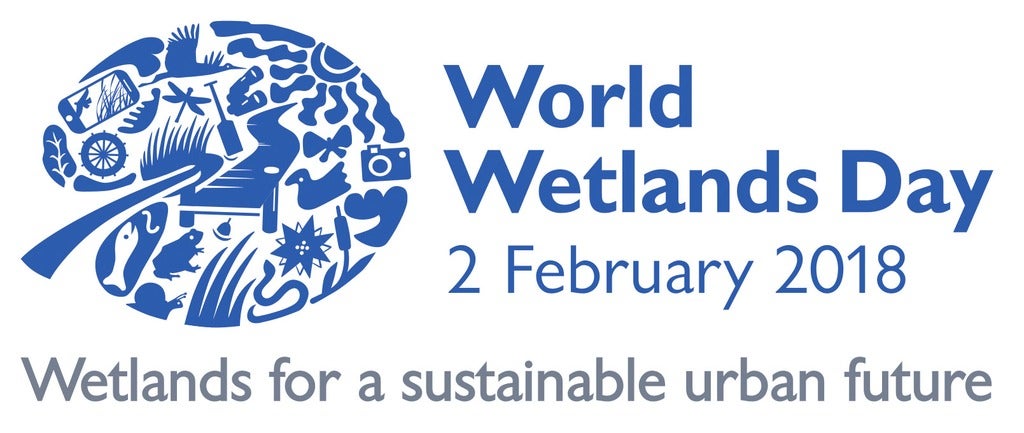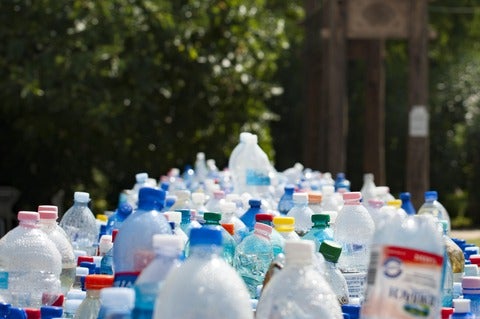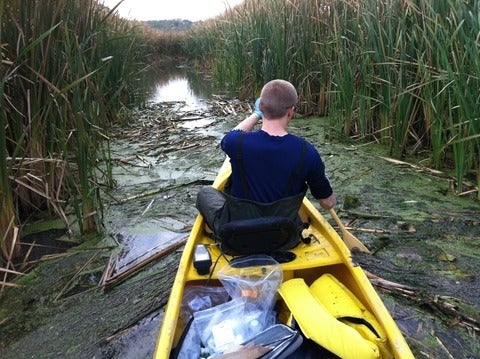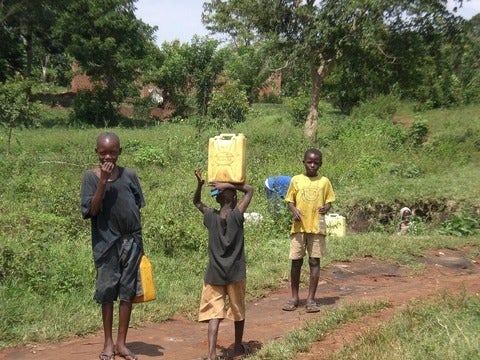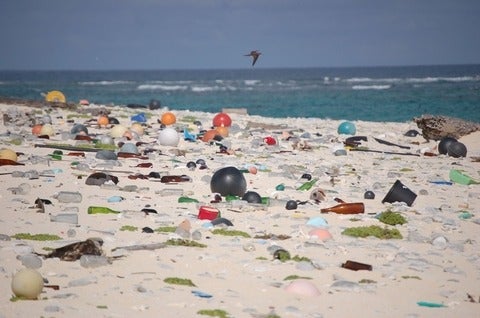Blair Feltmate presents to the Standing Senate Committee on Energy, the Environment and Natural Resources
On February 8, Water Institute member Blair Feltmate, head of the Intact Centre for Climate Adaptation, was a witness to the Standing Senate Committee on Energy, the Environment and Natural Resources discussion of a study on the effects of transitioning to a low carbon economy. The study looks at five key sectors responsible for 80 per cent of our emissions: electricity, oil and gas, transportation, buildings and trade-exposed industries, and how they can contribute to meeting Canada's emission goals.
